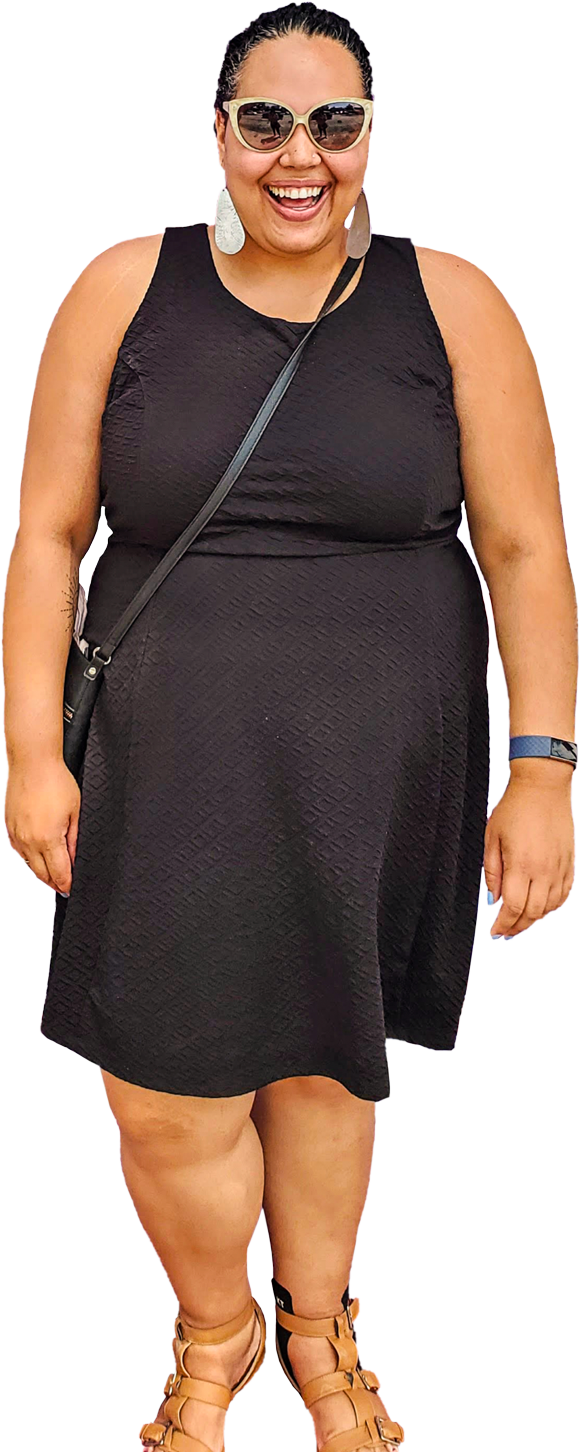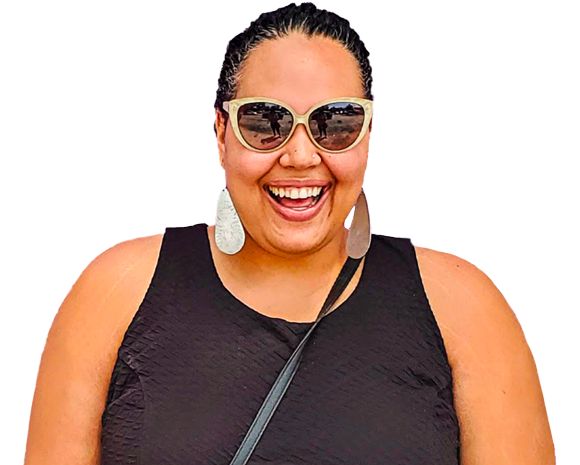Featured
Alumni
Vanessa Seals
ENGLISH MAJOR
Kathleen Cates Rose
HISTORY MAJOR
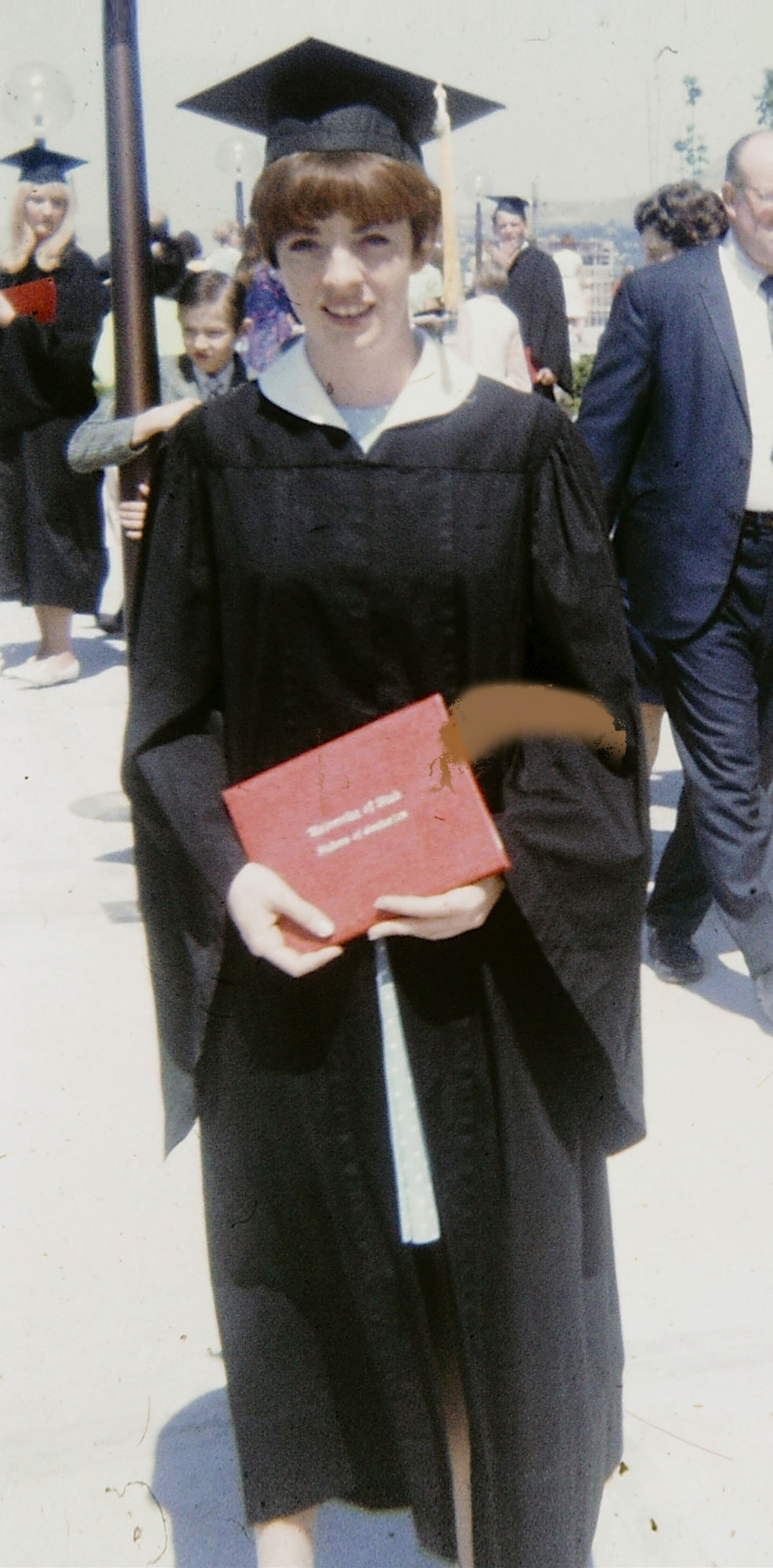
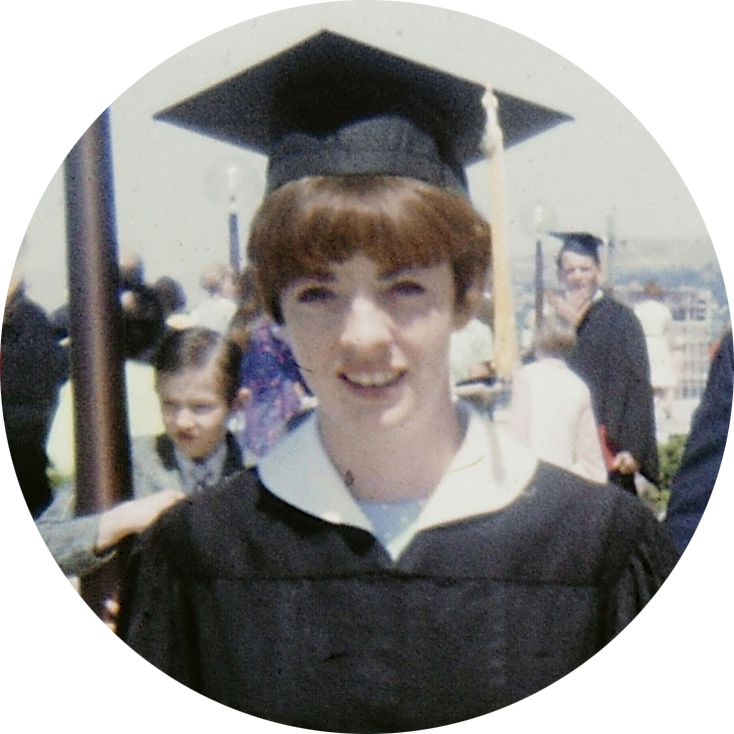
Kathleen Cates Rose
B.A. | History | 1970
When Kathleen Cates Rose graduated with a history degree from the U in 1970, there
were basically no career prospects available in the field for women besides teaching.
Little did she know that decades down the road her degree would lead her to a successful
career as a trailblazing genealogist.
“Back then, if you’d have told me I’d be a genealogist, I’d have rolled my eyes,”
Rose says with a laugh. But for more than 20 years after her three sons were raised,
Rose put her education in U.S. history to use as a professional family historian and
helped hundreds of people discover their ancestors. She even helped to pioneer the
use of DNA testing in genealogy that is so popular today.
At 40 years old, Rose’s genealogy career began when one of her sons, away at
college, lovingly told her she needed to “get a life” instead of always calling to
hear about theirs. “I realized then and there that I did need to get a life!” she
recalls. And she did, helping other people bring their ancestors’ stories to life.
She said she had dabbled in family history for years and was pretty comfortable
on a computer, which was unique for an older woman in the early 90s, and felt like
she could align her passion and education to find some fulfillment. She and a friend
began working together, volunteering to help neighbors and loved ones as family history
consultants. It didn’t take long for word to get out, and they were soon taking on
clients and teaching community classes on doing family history research online.
“Our connection to people is greatly enhanced when we can understand something
about why people do what they do. Our ancestors are regular people, and they make
decisions on the circumstances by which they are surrounded,” she says. “So when I
was helping someone research, they often got a mini history lesson and suggestions
of places to go to find out more and most, if not all, found that if they could imagine
themselves in the time and place of their ancestor because they knew the history of
the area, their research
was much more profitable and fulfilling.”
◀ Left: Kathleen during her graduation, June 1970
One night, Rose posted on an online bulletin board looking for more information on an ancestor named Samuel Rose, and she soon received an email from a man in Upstate New York who had the information she was looking for. Her correspondence with him and the questions that arose led her to connect with another online contact named Dave Brown, and the two of them raised funds in fall 2001 to do a project testing the male-chromosome DNA of nearly 200 people from the Rose amily line. Eighteen separate families with the name Rose were clearly
identified, each with a distinct DNA profile from countries including Scotland, England, Holland, France, Germany, and one Native American family. The Rose DNA Project became one of the largest surname studies in the world at the time and was published in the 2004 issue of New England Ancestors.
Our connection to people is greatly enhanced when we can understand something about why people do what they do.

Vanessa Seals
Honors B.A. | English | 2010
Vanessa Seals developed a love for reading at a young age while growing up in Price,
Utah, but was surprised to discover a different genre of literature as an English
student at the University of Utah that sparked her passion for years to come.
“When I took my first class with Dr. Wilfred Samuels at the U, an African American
novels class, it gave me a new perspective on my own experience,” said Seals. “I’m
Black, but I had never read African American literature before. I liked Victorian
literature, but then I read people like Toni Morrison and loved it. I didn’t know
people were writing like that.
”Seals’ interest in the genre solidified her decision to major in English and
minor in African American Studies, graduating from the U with an Honors B.A. in 2010.
As a standout student, her professors weren’t surprised when she was accepted to her
top-choice doctoral program at Stanford University where she graduated in 2017.
Her time at the U inspired her to focus her doctoral research on multiracial
families. Growing up in a mostly white family, she had never seen herself represented
in literature before being introduced to books such as Caucasiaby Danzy Senna in Samuels’
class. Seals titled her dissertation, The Loving Family: Writing Multiracial Families
in U.S. Literature since 1967, and presented an analysis of the ways families affect
the construction of multiracial identities for individuals.
When she entered Stanford, her plan was to become a
professor, but while in graduate school, she did a lot of work in diversity, equity, and inclusion and noticed that students of color and low-income and first-generation students had very different experiences in graduate school than her peers. While working with the Women’s Community Center, the Diversity and First-Gen Office, and the Center for the Comparative Study of Race and Ethnicity, she realized she wanted to work with students outside of the classroom rather than inside.
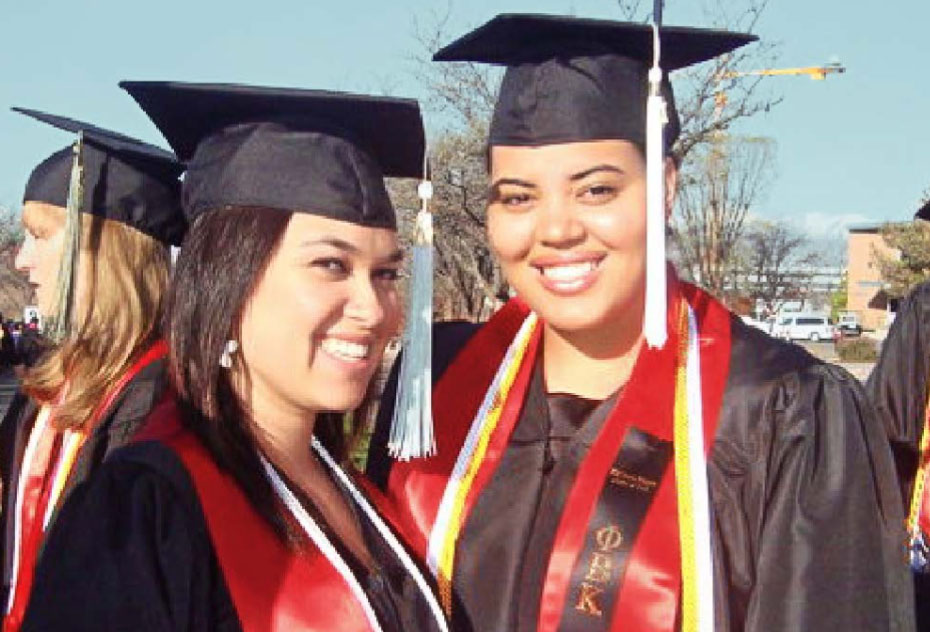
|
▲ Above: Vanessa smiling on graduation day with one of her classmates |
I love that English is not a discipline that relies on ‘correct’ answers. It’s about noticing patterns and exploring them. It’s about making connections across texts, authors and time periods.
Seals finds great joy in working with students as they find their confidence and their calling. She has found that students who start the McNair program are worried they are unprepared and unqualified for graduate work, but after working together for several months they become surer of themselves and about the process of applying to graduate school.
“In general, I am very fortunate to have a career that I love and for which I am so well-suited. It’s not perfect—sometimes I’m exhausted or tired or frustrated, but I’m always excited to go to work the next day.”
Finding her career path wasn’t’ simple and during graduate school Seals took the time to really look at her qualifications in terms of skills. As an English major, she had gained valuable writing, critical thinking, reading, and communication skills and was able to digest and retain a lot of information in a short period of time.
“I love that English is not a discipline that relies on ‘correct’ answers. It’s more about reasoning and thinking through how and why something might be true. It’s about noticing patterns and exploring them. It’s about making connections across texts, authors and time periods. That level of thinking is invaluable when it comes to problem solving and creative thinking.”
Seals is grateful for the advice and support offered to her by professors during her time at the U and says she might not have found English as the right major for herself if she hadn’t listened to them. Their encouragement shaped her academic research and led her to a career she hadn’t predicted.
